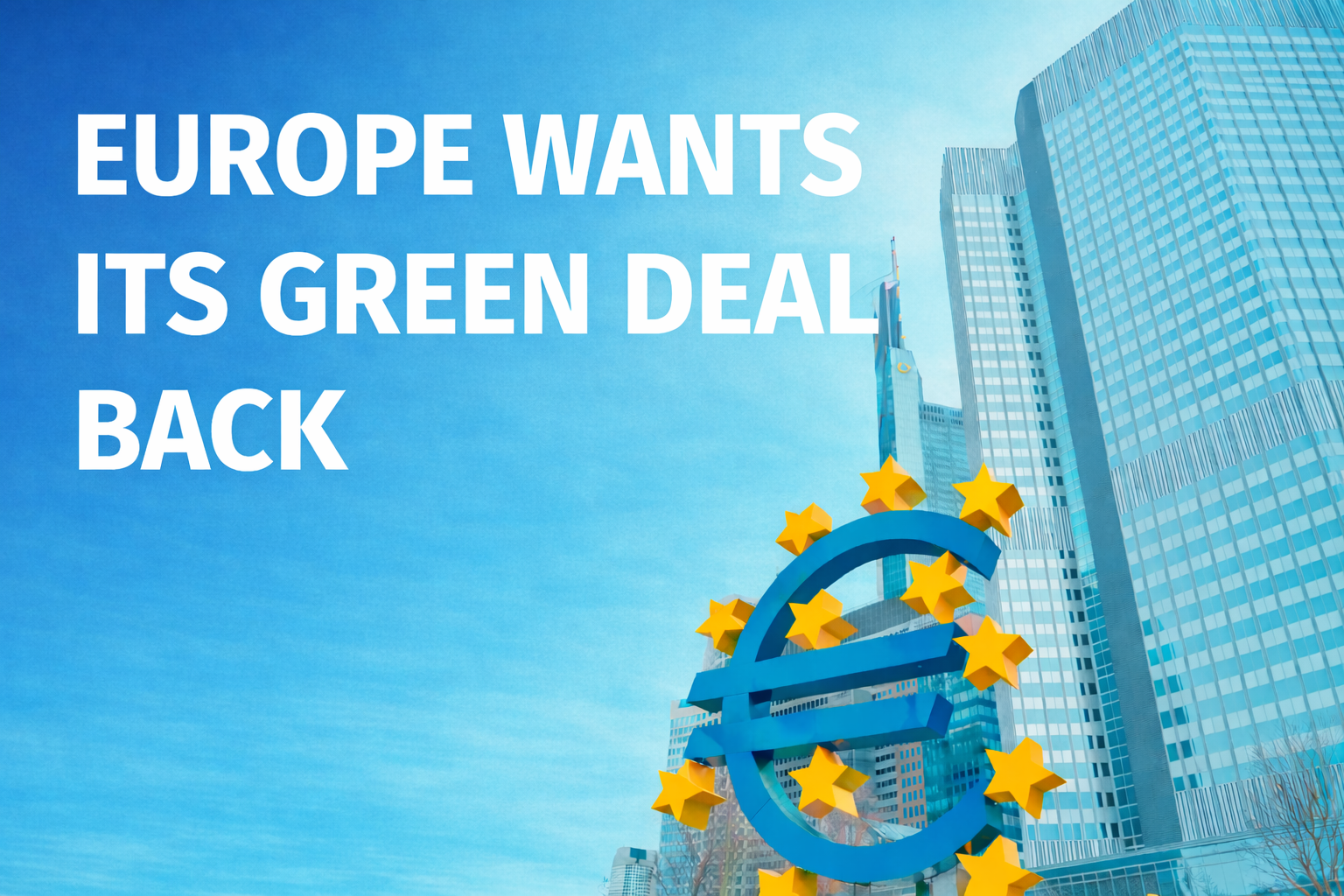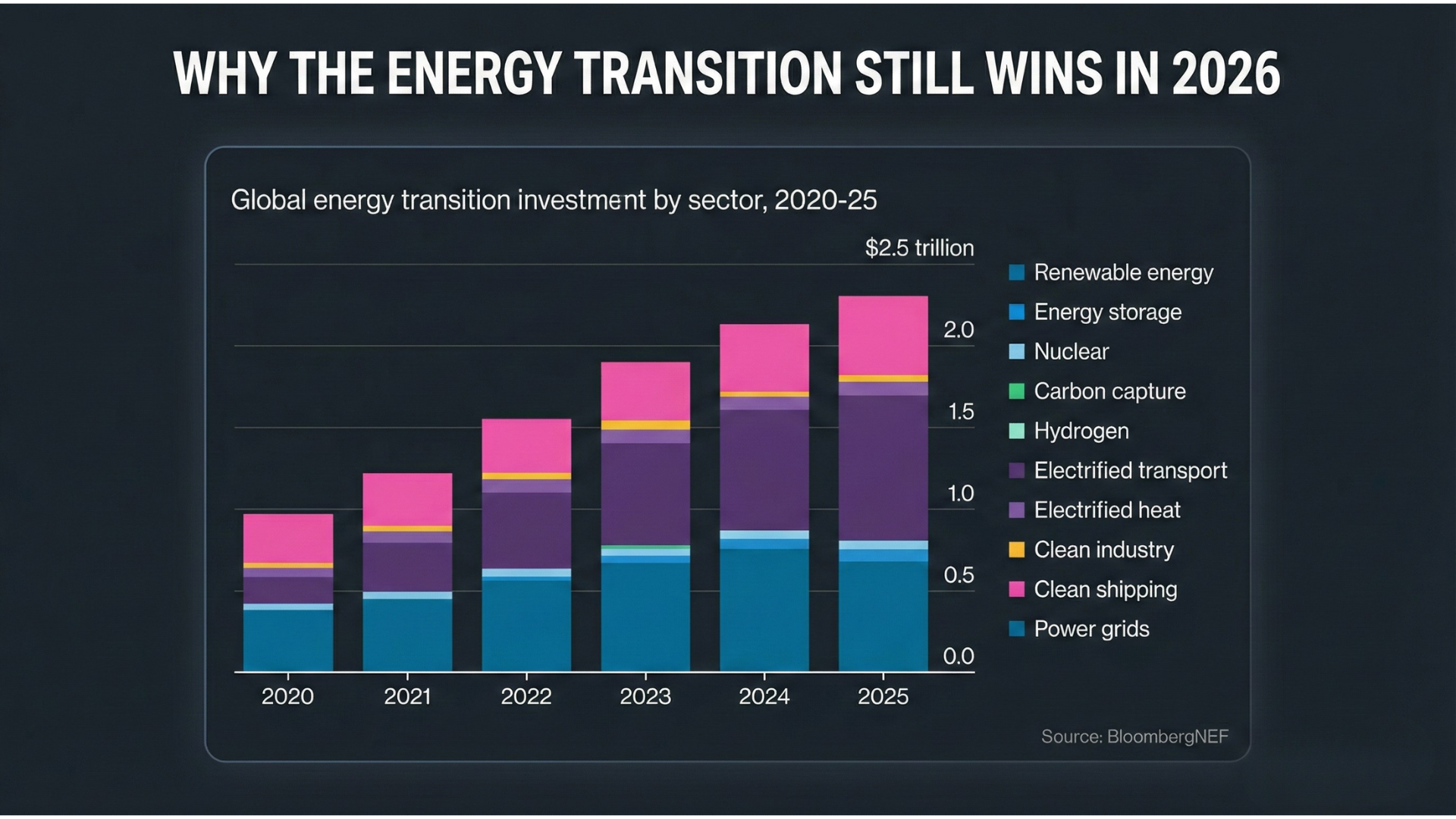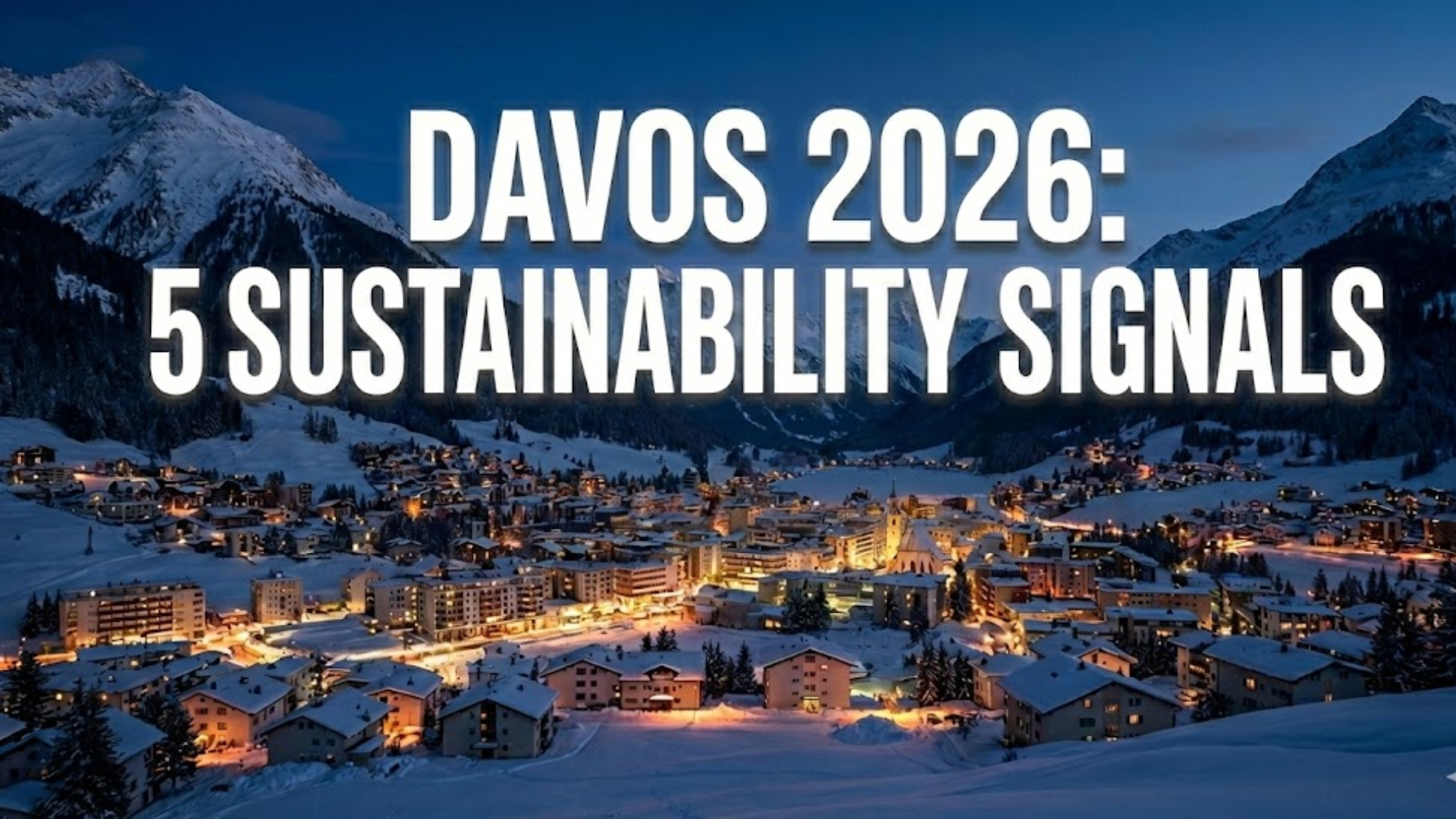

How is climate action impacted by the US government shutdown
Europe’s ‘Omnibus’ simplification discussions go into overtime
The EU sustainability agenda is being pressured from all sides
Pope Leo continues the Vatican push for climate action
The International Sustainability Standards Board confirms Scope 3 reliefs
This week, the US Government shut down over disagreements between the major parties.
On the surface, the impasse is defined as Democrats refusing to continue government funding until the Trump Administration agrees to restore subsidies for health care. But, just days into this shutdown, there are clear signs that this shutdown will have an outsized impact on US climate action.
While the Trump administration will use the shutdown to conduct massive terminations of government workers, those firings will disproportionately impact workers in environmental science, climate, and conservation. Trump said, “We are going to cut a lot of the people, we’re able to cut on a permanent basis.”
At the Environmental Protection Agency (EPA), where ~90% of the staff were expected to be furloughed but were then told they would continue to work, $7.5 billion of funding for hundreds of renewable energy projects was cancelled. The cancelled funds were for projects in mainly Democrat-led states, where officials will have 30 days to appeal the cancellations. If those fail, they will likely sue. Jeanne Briskin, former director at the Environmental Protection Agency (EPA), said, “The goal seems to be to remove the expertise and the experience necessary to implement our federal environmental protection laws.”
The shutdown will also likely hurt national parks and disaster prevention and recovery. Forty former superintendents of the National Park Service sent a letter to the Trump administration, urging the closure of parks during the shutdown. This follows the shutdown in the last Trump administration, where the parks were left open with limited staff, leading to the destruction of habitats and vandalism. But many parks will stay open. With parks already reeling from budget and staff cuts as well as threats to open up land for resource extraction, the Coalition to Protect America’s National Parks said, “A government shutdown will make an already bad situation at national parks and public lands far worse.”
The shutdown also coincides with key deadlines for funding for disaster preparedness and federal flood insurance as the US enters the peak of hurricane season. The National Flood Insurance Program, which covers $1 trillion in flood insurance for homeowners, renters, and businesses, was intended to renew on the same night as the shutdown. Now, the Federal Emergency Management Agency funds are running low, limiting spending to “lifesaving and life-sustaining activities.”
Among those deemed essential workers were those working on new oil and gas leases at the Bureau of Land Management under a contingency plan from the Interior Department. The plan said: “BLM staff responsible for processing oil & gas permits/leases, coal energy leases, and other energy and mineral resources necessary for energy production will be excepted or excepted [sic] on call, to the extent such plans are necessary to protect human life and federal property."
With no agreement in sight and the US House of Representatives not expected to return until October 7th, this shutdown could drag on.
👉 Prefer to get Sustainability Simplified straight into your inbox instead of LinkedIn? Sign up for our email list here.
2. EU Omnibus Debate Goes into Overtime

An agreement on the EU Parliament’s debating position on the Omnibus simplification package was expected this week. However, after the last meeting on Tuesday, MEPs failed to reach an agreement ahead of a full plenary vote on October 20th.
The ambitious deadlines for the Omnibus are now in jeopardy. A key sticking point is the number of companies in scope for the Corporate Sustainability Reporting Directive (CSRD) and the Corporate Sustainability Due Diligence Directive (CSDDD). Far-right parties have agreed on a position that would remove the requirement for transition plans and limit the scope of the CSRD to companies with more than 1,750 employees, exceeding the original Omnibus suggestion of 1,000. If the far-right can align with the majority European People’s Party, the relaxed provision would get the support it needed to succeed.
However, EU President Ursula von der Leyen agreed to work with left-leaning parties in the run-up to her recent election, so it is unlikely that she will support the far-right position. These two MEP quotes highlighted the impasse: Iratxe García Pérez said, the democratic socialist group of MEPs are “ready to reach agreement, but not at the expense of human rights and the environment. The EU cannot be complicit of labour exploitation” and Pascal Canfin blamed the Omnibus process saying the way the Commission did it “without proper consultation, without evidence that it will [actually] simplify without completely jeopardising the object of the regulation.”
3. Europe Caught in the Middle

Following last month’s US-EU trade agreement, which locked the EU into buying $750 billion of US fossil fuels, Europe’s trade negotiators may have thought this was the end of US pressure. However, the US has continued to leverage Europe to reverse many of its climate and sustainability rules.
At the same time, European stakeholders are pressuring the EU government to stay the course. A group of investors with $5.3 trillion of assets has urged the EU to maintain its rules on methane. The investors fear the rules, which require companies to monitor and report methane leaks, will be relaxed after US Secretary of Energy Chris Wright stated they would limit US oil and gas imports into the bloc.
New research published this week by climate think tank E3G builds on the narrative of widespread support for Europe’s sustainability agenda. Two-thirds support climate transition plans for large companies and believe that European companies should set the global standard for sustainability. Half believe that being environmentally sustainable is important for their company’s competitiveness.
4. Pope Leo Calls for Climate Action

The new Pope, Leo XIV, is looking to continue the work of his predecessor, Francis, by bringing attention to the climate crisis. Pope Leo spoke at a climate conference commemorating the 10th anniversary of Pope Francis's "Laudato Si," a papal document that was the first to acknowledge the science surrounding climate change and to call on nations to work toward decarbonization.
Leo said, “The challenges identified in Laudato Si are in fact even more relevant today than they were 10 years ago,” and without naming any names, he challenged those who “ridicule those who speak of global warming.” Also speaking at the event, former California Governor Arnold Schwarzenegger minimized the Trump administration's backtracking on climate, saying that individual choice, local regulations, and institutions like the Catholic Church were more important to “terminate” emissions.
5. ISSB Confirms Scope 3 Relief

The International Sustainability Standards Board (ISSB) made a tentative decision to add reliefs for companies reporting on so-called ‘financed emissions’ - (tracking the emissions associated with investments, loans, insurance, etc., covered by the Scope 3 category 15). The members agreed to exclude an entity’s derivatives and financial activities. However, reporters are still expected to describe which financial activities are excluded to apply for the relief.
The views expressed on this website/weblog are mine alone and do not necessarily reflect the views of my employer.
Other Notable News:
SBTi
COP30
Trump 2.0
Sustainability articles
Sustainability Research
Energy Transition
Notable Podcasts:
This week’s episode of the Outrage and Optimism podcast is a special inside look at COP30. It features interviews with Kara Hurst, Amazon's CSO, and Simon Stiell, the Executive Secretary of the UN Framework Convention on Climate Change, exploring the challenges and opportunities in this new era of climate action.
A new podcast from my BCG colleague Vinay Shandal was released this week. In the first episode of “Pitching Progress,” Vinay explores the role of sustainable aviation fuels (SAF) in reducing aviation’s 2.5% share of global CO2 emissions, with Infinium CEO Robert Schuetzle explaining how the company produces drop-in fuels from waste CO2, renewable energy, and water.







